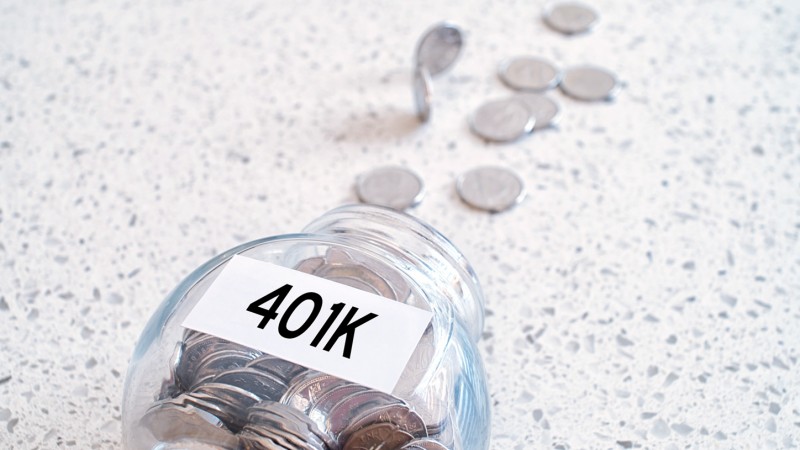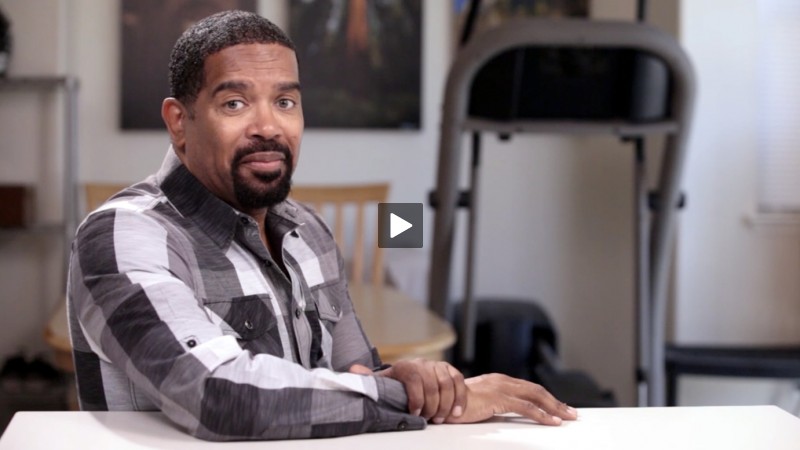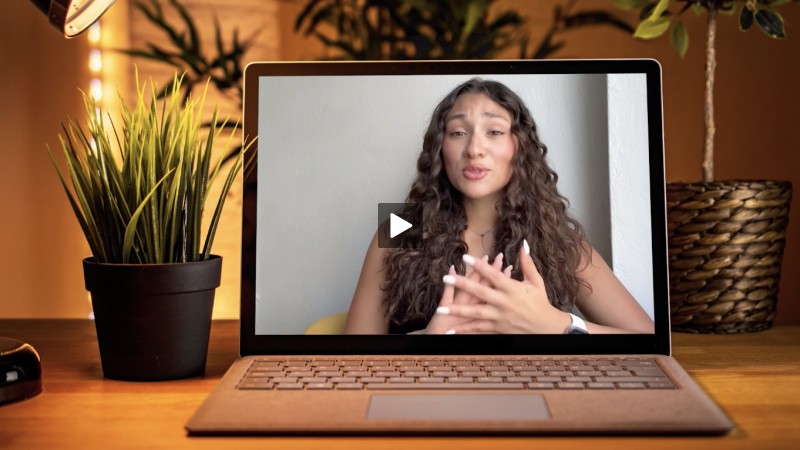About to Tap Your 401K for a Loan? Six Reasons to Think Again
- Details
- Written by Remar Sutton
- Category: Articles

Today over 25% of people who have a 401K retirement savings plan have borrowed from these funds. In fact, 401K loans have surged by 37% in just 8 years and in 2011 represented nearly 60 billion dollars in premature withdrawals, according to IRS figures. This practice has personal finance experts and retirement specialists worried.
Although you may have a good reason for considering a 401K loan, ask yourself if the loss of future income and security is worthwhile.
Why? you may wonder. With a 401K loan aren't you borrowing from yourself and paying yourself back with interest? That's true, of course, but taking a 401K loan could cost you thousands in retirement savings. This reports shows you six reasons why taking a 401K loan should be a last resort.
How Do 401K Loans Work?
Most but not all 401K retirement savings plans allow participants to borrow from the account for a short period and pay the loan back with interest. Although federal law doesn't limit the loan to specific purposes, some employers may limit the loans to such purposes as purchasing a home, paying education expenses, or paying medical expenses while others will allow any purpose. Federal law does limit the amount you may borrow to 50% of funds, up to a maximum of $50,000. Interest rates vary but typically are prime plus 1%. Loans must usually be paid back within five years; if the loan is for a home purchase the term may be longer. Most borrowers have payments deducted directly from paychecks.
Why a 401K Loan Usually Costs You Money in the Long Term
Taking a 401K loan typically reduces your future retirement savings in several ways, not just one.
A loan usually reduces earnings on the amount borrowed. For most 401K loans the interest paid on the loan is usually less than that borrowed amount would have earned if left in the plan's investments, according to the U.S. General Accounting Office. For example, if your 401K is earning 8% to 10% (typical 10 year rates for indexed funds or big company stocks) and your interest rate is 4.25% (current prime rate plus 1%), then you are earning about 4% to 6% less on that amount, plus any compounded growth on those potential earnings. Since many people who take 401K loans are in their thirties and forties, this difference in earnings over the remaining decades to retirement can amount to thousands.
Borrowers tend to lower their 401K contributions while they repay the loan. Surveys show that many people lower or totally suspend contributions to their 401K plans during the loan repayment period and even afterwards. Typically that means 5 to 7 years of lower savings earning tax-free compounded returns and eventually thousands less in retirement savings. Lower contributions also mean lower matching contributions from your employer. Plus, you lose the deduction of those larger tax-deferred contributions on your annual income tax return.
A loan results in double taxation on that amount.Contributions to a traditional (not Roth) 401K are made in pre-tax dollars. However, loan payments are made with after-tax dollars—that is, with money on which you have already paid income tax. Later, when you take regular distributions in retirement from your 401K, this money is subject to regular income tax.
Taking one loan may lead to another. About 50% of people who take one 401K loan tend to take another. Such serial loans over time simply multiply the potential losses in retirement savings. Multiple borrowers are also more likely to default on the loan. In that case the loan becomes a distribution that is counted as regular income and may also be subject to a 10% early withdrawal penalty.
Leaving your job for any reason requires quick repayment of the total loan. In such cases, the total loan amount must usually be paid back within 60 days. If you can't do this, the loan becomes a distribution. That means you will owe income tax on it and may be subject to a 10% early withdrawal penalty.
Defaulting on loan repayment may subject you to a 10% penalty and other losses. If for any reason, you don't repay the loan, then the balance will potentially be subject to a 10% penalty if you are younger than 59½. The balance will also be subject to income tax as regular income. Since the distribution is usually considered a hardship withdrawal, you cannot make regular contributions to your 401K for six months.
Are There Any Good Reasons to Get a 401K Loan?
Many financial planners note that in some cases a 401K loan may be a good option for purposes that will advance your financial well-being. These may include such things as a down payment for a primary residence or getting an educational degree that will help you advance in your career. In all cases, however, you should first explore other methods of financing such endeavors. You should also carefully compare the total costs of other means of financing and a 401K loan. For example, a low interest loan such as those available from your credit union in the long term may be less costly than reducing the amount in your retirement savings.
Avoid Risking Future Retirement Income for Today's Pleasures
Although you may have a good reason for considering a 401K loan, ask yourself if the loss of future income and security is worthwhile. Experts agree that most Americans save less in their retirement plans, including 401Ks, than they need to ensure a comfortable future. That fact reinforces the idea that borrowing from your 401K should be a last resort. If you are thinking about borrowing for some currently popular uses (vacations [4%], special purchases or events like a wedding [9-11%], paying everyday bills [24%], or home repairs [19%]), examine the real costs of the loan first and think twice before you borrow from your future.


































